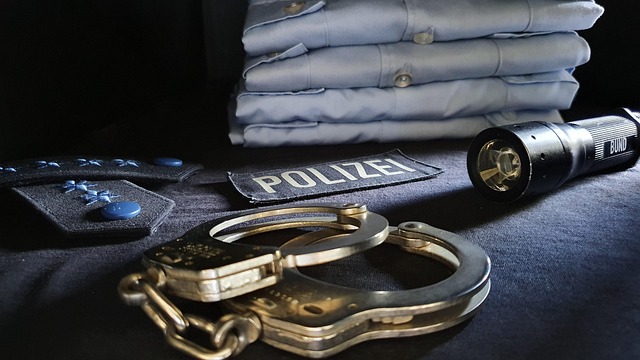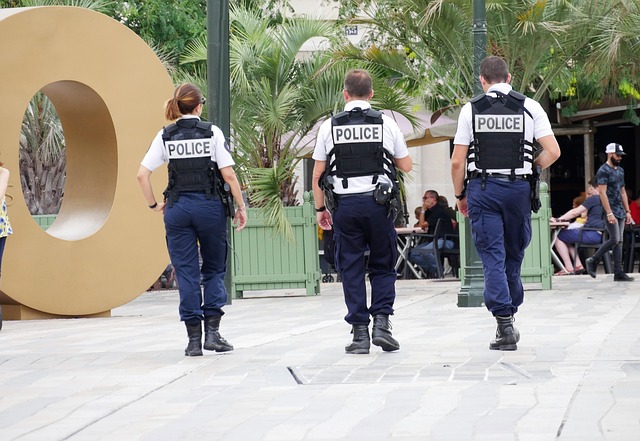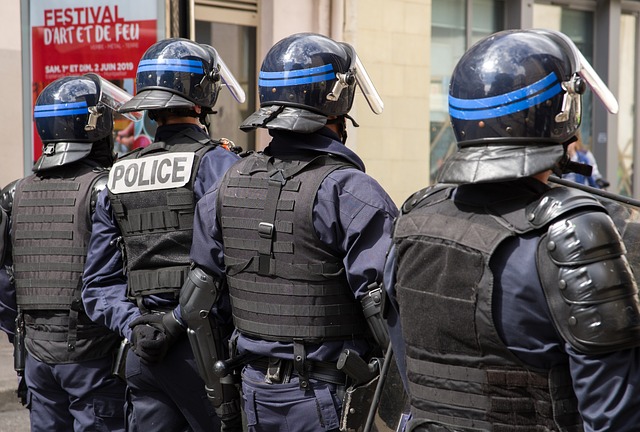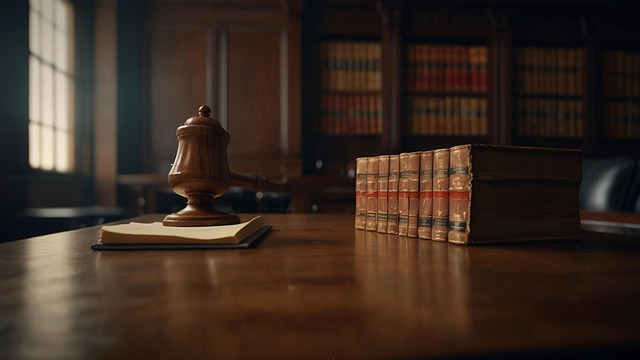Whistleblower Protection Lawsuits hold organizations accountable for misconduct through a legal process. The key step, Process of Empaneling a Criminal Jury, selects fair jurors to hear evidence from both sides, significantly impacting public perception and the outcome. This meticulous process ensures unbiased decision-making, crucial due to conflicting interests in sensitive cases. Legal experts guide whistleblowers through this journey, culminating in a jury verdict that can protect rights and award compensation.
Whistleblower Protection Lawsuits play a vital role in safeguarding public interest and ensuring accountability. This comprehensive guide delves into the intricate process, from understanding these lawsuits to the crucial role of a criminal jury. We explore how empaneling a jury—a key step in the process of empaning a criminal jury—is more than just selection; it’s about finding fair and impartial individuals who can navigate complex legal territories. By examining each phase, from filing to verdict, this article offers valuable insights for both professionals and those considering taking action.
- Understanding Whistleblower Protection Lawsuits: A Comprehensive Guide
- The Role of a Criminal Jury in Whistleblower Cases
- Navigating the Process: From Filing to Verdict
Understanding Whistleblower Protection Lawsuits: A Comprehensive Guide

Whistleblower Protection Lawsuits are a crucial mechanism for ensuring accountability and upholding ethical standards within organizations. These legal actions empower individuals who expose illegal or unethical activities within their workplaces to seek justice and protection. Understanding the process is key to navigating these complex cases, especially when aiming for winning challenging defense verdicts across the country.
The journey begins with the initiation of a lawsuit by an individual who believes they have witnessed wrongdoings. This involves meticulously documenting evidence, detailing the alleged misconduct, and identifying the potential harm caused. Once filed, the case navigates through various legal procedures. One pivotal step is the Process of Empaneling a Criminal Jury, where a fair and impartial jury is selected to hear the evidence presented by both parties. This stage is critical in determining the outcome, as jury trials play a significant role in shaping public perception and, ultimately, the decision on whether the whistleblower’s claims are valid.
The Role of a Criminal Jury in Whistleblower Cases

In whistleblower protection lawsuits, the role of a criminal jury is pivotal. The process of empaneling a criminal jury involves selecting individuals who can fairly and impartially decide on the validity of the whistleblower’s claims. This is crucial, especially given the sensitive nature of such cases where business interests often clash with the public interest. Across the country, achieving extraordinary results in these trials relies heavily on the jury’s ability to discern fact from fiction, balancing the potential risks faced by whistleblowers against the merits of their allegations.
The respective business and its stakeholders will often employ tactics to sway the jury, making it imperative for jurors to remain objective. Understanding the process of empaneling a criminal jury is key to ensuring that the outcome reflects the truth behind the whistle-blowing act, rather than external pressures or biases. This meticulous selection process aims to create an environment where the evidence presented can stand scrutiny, leading to decisions that uphold justice and protect whistleblowers’ rights.
Navigating the Process: From Filing to Verdict

Navigating the legal process involved in whistleblower protection lawsuits is a complex journey, spanning from the initial filing to the final verdict. It begins with a thorough review of the case by legal experts who assess the strength of the whistleblower’s claims and evidence against the alleged violators, often involving white-collar and economic crimes. This crucial step determines whether the case warrants proceeding to a trial.
The process of empaneling a criminal jury is then initiated, where a fair and impartial group of individuals is selected to consider the evidence presented during the trial. At each stage of the investigative and enforcement process, the whistleblower’s attorney must demonstrate the validity of their client’s allegations, ensuring a robust legal argument. The outcome, which can significantly impact both the whistleblower’s protection and potential financial compensation, depends on the jury’s verdict following a comprehensive review of all evidence and testimonies. An unprecedented track record of successful outcomes for whistleblowers in such cases further underscores the importance of expert legal representation throughout this challenging yet impactful process.
Whistleblower protection lawsuits play a vital role in holding wrongdoers accountable and ensuring justice. By understanding the comprehensive guide outlined in this article, from the initial filing to the process of empaneling a criminal jury, individuals can navigate these cases effectively. The role of a criminal jury in whistleblower suits is crucial, allowing for transparent accountability and deterring future misconduct. Through knowledge and swift action, we can foster an environment where whistleblowers are protected and their voices are heard, ultimately revolutionizing how we address corporate wrongdoings.






